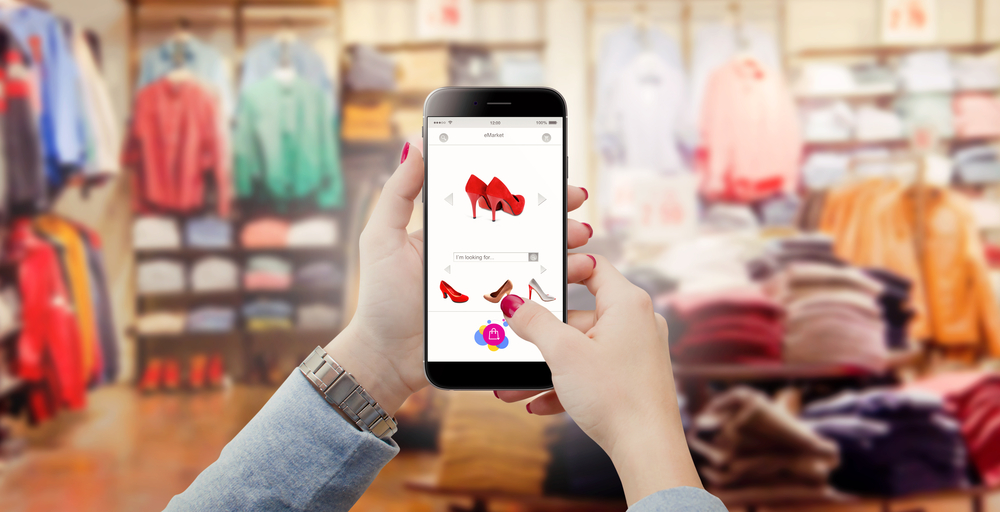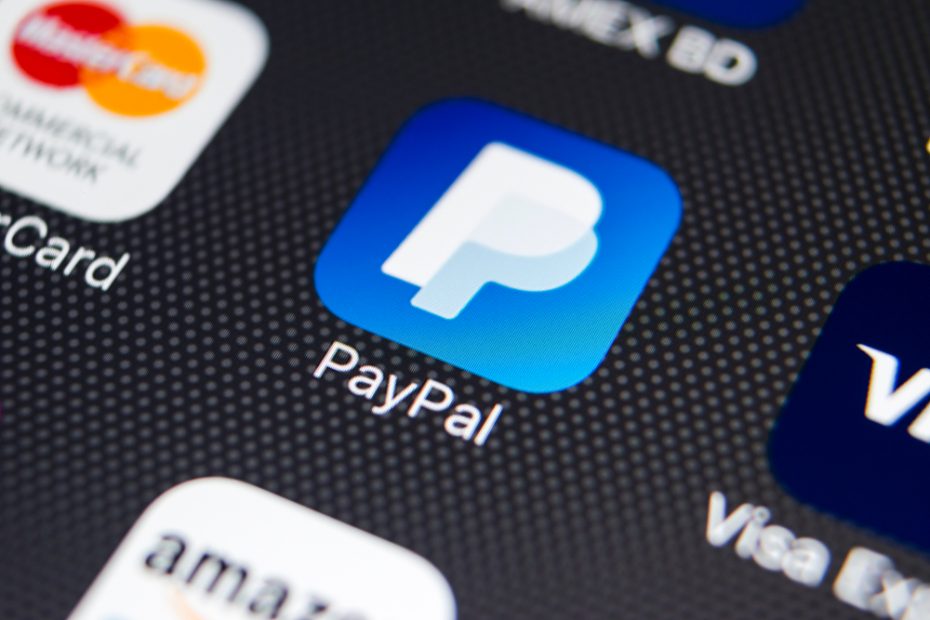PayPal High-Risk Transactions
If you’re in the business of selling items for sale online, then it makes sense to accept payments with PayPal or another similar service. PayPal has been around for a long time so it’s a name that many people trust. But what if your business is considered high risk by PayPal? In that case, there are some things you need to know before opening a merchant account and running high-risk transactions.
The first thing you should know about PayPal high-risk transactions, is that some merchants are more prone to them but they’re not as risky as they sound. If a business is considered high risk, it usually means that there’s something about the business that makes it more vulnerable to fraud and chargebacks. Because of this, businesses in high-risk industries are at a greater risk of getting their accounts shut down by PayPal which can be frustrating. That’s why many businesses choose other vendors like EMerchantBroker to handle payments for their high-risk businesses.
What is a PayPal High-Risk Transaction?
A high-risk transaction on PayPal is a transaction that is flagged as having the potential for fraud or in an industry that is considered high risk. Because of this, PayPal has a specific process they follow. Some accounts will be flagged and the funds for new purchases will be put on hold until PayPal determines that the charge was legitimate and that the product or service is legitimate. Other accounts could be closed altogether due to certain transactions.
PayPal high-risk merchant accounts can be used for businesses that sell items that could be used as a means to commit fraud or other crimes. But, in many cases, these accounts eventually get flagged. These businesses include:
- Drugs, alcohol, tobacco, and related products
- Firearms, ammunition, and explosives
- Adult content (which is defined by PayPal as “materials whose primary purpose is sexual arousal”)
- Digital products, including photos
- Businesses that process a lot of transactions each month
 What Kinds of Businesses Should Choose a PayPal Account?
What Kinds of Businesses Should Choose a PayPal Account?
Most businesses that sell consumer goods like kids and baby items, e-courses, and even sell services like coaching are good for PayPal services. If you have a low volume of orders and very few chargebacks, PayPal is also a good option.
However, If you’re a business that needs to accept international payments, a high-risk merchant account from EMerchantBroker is the better option for you. You’ll also benefit if you need to accept a large number of transactions, or if your business has customers from all over the world. In addition, if your company experiences high chargeback rates—which may indicate that something is wrong with your product or customer service—then this type of account can help mitigate those losses while keeping customers happy by providing fast refunds and resolution.
Additionally, if you frequently process high-risk transactions because of being in adult industry, selling cannabis products, or selling items related to tobacco or firearms, you would also benefit from a high-risk account that’s not PayPal.
If I Have a High Risk Business, What’s The Risk of Using PayPal to Accept Funds?
If you have a high-risk business, your number one priority is to find an e-commerce platform that can accept all kinds of payments. PayPal will allow you to take payments using credit cards and other common payment methods, but many high-risk businesses don’t do well on PayPal. There are some downsides when it comes to using PayPal in your business:
- The first downside is that they have a reputation for shutting down accounts without warning, which could be devastating if your funds were tied up in the account at the time it was closed. This hasn’t happened too often recently, but if you want peace of mind then it might be worth investigating other service providers like EMerchantBroker.
- The second downside is that the fees for using PayPal are much higher than many other merchant providers. Even for high-risk transactions, PayPal may not be the best choice because of its unpredictability. Merchants must be careful to read all the fine print to ensure that their business won’t get flagged down the road.
What Are The Benefits of Using PayPal For My High Risk Business?
People know the name of PayPal and can trust that their information remains confidential when they pay via their platform. Here are some of the benefits when merchants choose PayPal for high-risk transactions:
- Can take payments in almost any currency.
- Accept online payments.
- Create invoices.
- Fast bank transfers.
- Consistent transaction fees.
What Are The Most Common Reasons For PayPal Dropping High-Risk Merchants?
PayPal has a strict policy for high-risk merchants, meaning that there are some things that could lead to your account being closed. In most cases, these reasons include:
- Non-compliance with their policies. PayPal’s terms of service have several guidelines that you must follow in order to continue using the platform. If you break any of these rules or make an error on your account and don’t follow it up with a correction before the deadline, then expect an email from PayPal telling you that they need more information before they can open your account again.
- Violating their terms of service. Once again, this is largely related to non-compliance but also includes situations where customers file chargebacks against one another and find themselves at odds with each other over who was responsible for paying back the money they spent together online through PayPal.
- Fraudulent PayPal transactions can get your account shut down. This happens when someone uses stolen credit cards or other methods like phishing attacks through emails so they can commit fraud against businesses which then results in large losses due to chargebacks being filed by those same businesses later down the line when all is said and done.
What to do if PayPal Drops My High-Risk Account?
If you’ve been dropped by PayPal, it’s important to find out exactly why and how you can appeal. If your business is legitimate, there’s a chance that the company treated you unfairly by closing your account. To learn more about appealing or negotiating a new merchant agreement with PayPal, contact them directly and ask for help. You should also reach out to other payment processors and banks who may be able to offer alternative solutions for your high-risk needs. If it comes down to it, you may need to get a lawyer to help facilitate conversations and to get your account reinstated. In the meantime, get your high-risk business setup with EMerchantBroker to help you start accepting funds while you wait for your appeal decision with PayPal.

What Other Options do I Have if PayPal Won’t Reinstate My High-Risk Merchant Account?
If you can’t get your high-risk merchant account reinstated with PayPal, there are still other options. These include:
Use a Payment Gateway or Credit Card Processor
A payment gateway will allow you to accept all major credit cards and debit cards, but it may require additional setup time and cost more than just using PayPal for online sales. A credit card processor allows you to accept all major credit cards and debit cards without having to install additional software or hardware on your website/mobile app; however, this option is best suited for large businesses that will be processing hundreds or thousands of transactions per month because it can become expensive very quickly depending on how much business you do through them. EMerchantBroker has options that can help many high-risk businesses.
Choose a High-Risk Merchant Account Provider
You might consider choosing a company that specializes in serving businesses with similar needs as yours. While PayPal may be leery of accepting high-risk transactions, other vendors are not as particular and may be just what you need.
PayPal High-Risk Transactions May Not be Right for You
Deciding whether to use PayPal for high-risk businesses and transactions is a big decision. Because PayPal is known for holding funds and even shutting down accounts, it can be risky to use their service. But, if you follow all their terms and conditions, you would be able to hire legal aid if they did shut off your account. They are simple to set up and many consumers trust buying from merchants who use PayPal, but it’s not right for every business, which is why using EMerchantBroker is a better long-term business solution.


